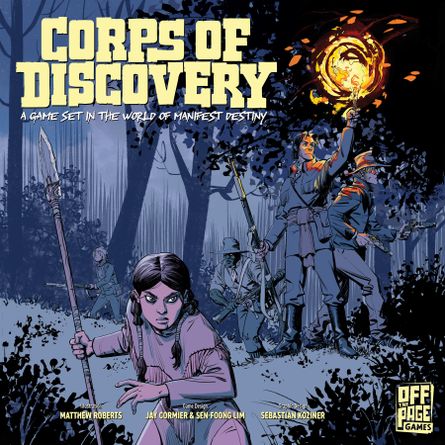SMOOSH JUICE
A Bohnanza of Tariff News, and Thoughts on Trading in Games and in Life | BoardGameGeek News

Unsurprisingly, in the past few days I’ve run across more U.S. tariff-related posts, both from publishers themselves and in various news outlets. Here’s a sampling:
▪️ Canadian designer/publisher Jay Cormier of Off the Page Games was featured in an April 9 article on the Daily Hive that details the extra costs brought on by tariffs:
“Since then, the U.S. tariffs on goods made in China have increased to 54 per cent, 104 per cent, and now to 125 per cent. So I guess I was ‘lucky'”…
Cormier explained that unless Canadian businesses had enough product to fill a container to be shipped directly to Canada, it is normally cheaper to ship from China to the U.S. and then transport the items up north.
“When we printed and shipped our latest games, we were not expecting to pay another US$25,000,” the game designer said. “That comes out of our pocket, and with margins on games being so thin already, tariffs are making it super hard to stay in business right now.
“If they landed when it was at 54 per cent, then I would have had to pay US$70,000, and if they landed at 104 per cent, I’d have to pay US$135,000. Which board game publisher has money lying around that they can afford this? It’s impossible to plan for the future when things seem to change weekly or even daily.”
▪️ In October 2024, Greek publisher Teetotum Game Studios cancelled a crowdfunding project for Restart — and while that was undoubtedly a bummer for them at the time, they might be celebrating these days since they don’t now have to ship games from China to the U.S.
In any case, in a website post titled “The Tariff Fever” the publisher writes, “[W]ith every problem comes an opportunity for new ideas. And that new idea for us is called Teetotum 99, a project of print and play games that we have either already published or plan to publish soon.”
The latter title is Paw by Paw, which launches on Gamefound in late April 2025, and the former is a collection of three Christmas-themed print-and-play game on its website. Feels like COVID 2.0 is getting under way…
▪️ Plaid Hat Games has pledged to cover tariffs up to 54% for U.S. backers on its Ashes Ascendancy crowdfunding project, and if tariffs are higher than that amount when the game is ready to ship, backers will have the option to get a refund, pay a subsidized tariff cost, or delay shipping until tariffs drop to at least 54%. From the post: “We will not seek to maintain our profit margin, and will instead pass just a portion of the tariff costs on to you.”
▪️ Along the same lines, dice manufacturer Chessex has stated that “Based on current information, we have determined that our prices will remain the same for the foreseeable future.”
▪️ The Game Crafter, on the other hand, details how tariffs will impact its prices (once it sells through stock on hand), then dives into the folly of these tariffs:
We have roughly 30 different robots and other machines that make your games. Exactly 3 of those machines were made in the United States; the rest were imported from 9 different countries, which means the replacement parts to maintain those machines also come from 9 different countries.
The ink for our printers comes from Japan. The card stock that makes your cards comes from Germany. The chipboard that makes your punch outs and boards comes from the Netherlands. The tins and dice come from China. We import the raw materials that make your games from dozens of different countries. We always give preference to U.S. suppliers, and still we end up importing because most of this stuff we either cannot source in the United States, or it is inferior quality.
I had a conversation with the top chipboard manufacturer in the United States back on November 26, 2024 about switching to them. However when he asked me where we source our chipboard from now he said he could not compete on quality or price. That’s right, I can import a better quality product across an ocean for less money than buying it a few states away. And that remains true even after the tariffs have gone into effect!
▪️ In the April 8 article “Do Not Pass Go, Do Not Collect $200, Do Go Out of Business“, Jonathan Cohn of The Bulwark used board games for an example of an everyday item that will cost more due to U.S. tariffs on goods from China:
And I do mean that literally.
Cohn also interviewed Cephalofair Games CEO Price Johnson, writing:
“We calculate our cost of goods, we calculate our ocean freight, we calculate our warehouse fulfillment costs, and postage,” Johnson said. “We even account for things like postage inflation, year over year, and possible world events — like an ocean freight spike — that could unexpectedly raise costs. But at the time that we ran our project, there were zero percent tariffs, and there wasn’t any indication of any number like this coming along a year out or two years out.”
And to repeat information already stated a dozen times:
“It will take probably five to seven years at the least to be able to build up this capacity here,” Ahearn said.
▪️ Should you live in the United States and want to contact your U.S. representative and senators by mail or phone regarding the tariff situation, consider using this template from BGG owner Scott Alden as a guide.
▪️ I’ve put my thoughts about the situation into video form, using Bohnanza as a tool to talk about the nature of trading and what makes a trade fair — then I rip into the idea that anything productive can come from such haphazard policy making. If you object to someone injecting politics into board games, feel free to skip this video — but in case you hadn’t noticed, politics has already been injected into board games, so you’re welcome to join me along the way:
If you want a short takeaway, the current U.S. tariffs seem based on a playground version of fairness that will bring no benefit to anyone, but will likely isolate the U.S. at the (gaming) table while everyone else goes to play elsewhere.

/pic7884208.jpg)
/pic7244101.png)
/pic8650659.jpg)
/pic8826993.jpg)
/pic5092291.png)